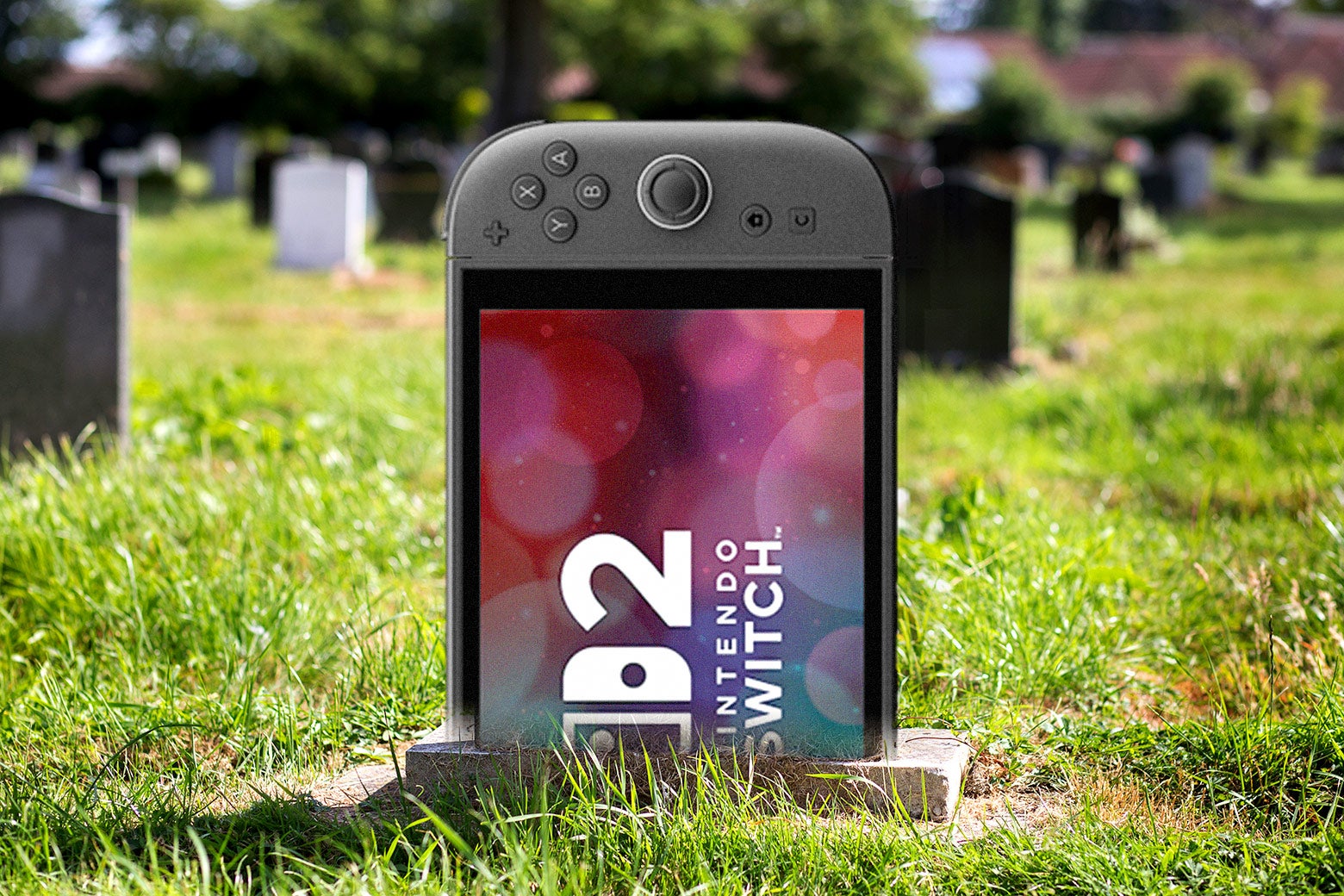Guilty_AI
Member
The software doesnt even need to be native. Do you think SteamOS is running all those games natively? The vast majority of them use a translation layer (its not even emulation per say so its very efficient). In fact, the largest issue with running windows games on linux right now arent even the games themselves but third party anti-cheat/DRM software that tends to be very intrusive.Lack of people means lack of software. Lack of software means lack of people.
A viciouc cycle.
And MS in their style do everything in their might to maintain this - so their programs to give free win/office for schools and students so people get into ecosystem from young age and stay in it.
Last edited:


